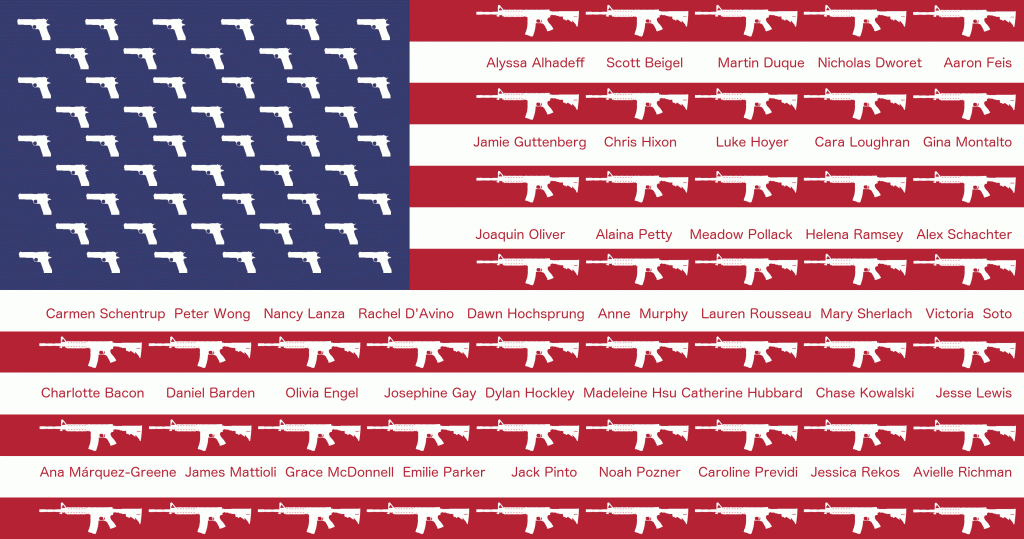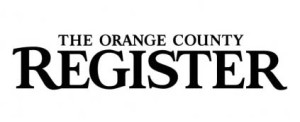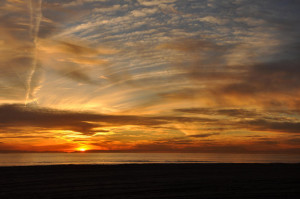A Few, Not So Random, Thoughts on COVID-19, the Police and School
Yes, I’m going to keep wearing my mask while I’m in public and around people. If I get seriously ill, my wife is in trouble because her health issues mandate 24-hour care. If she gets gets COVID-19, she probably won’t survive.
This summer, we stay home and wear a mask in public. And, if you don’t wear one, STAY AWAY!
The Police
I believe that the police, or someone who performs their functions, are a necessary evil.
Given the above, de-funding the police will not accomplish anything positive. Are reforms necessary? Yes, most certainly.
What Reforms?
I’d like to propose two reforms.
First, there is a need to better screen those we recruit and train to be members of our police departments. We need to make sure that those who become policemen, and policewomen, are primarily, if not exclusively, interested in helping people. Those who, for whatever reasons, need to bully people must be weeded out. We must screen out those who are inclined to throw around their authority and hide behind its badge and who lie to cover up their mistakes.
Think lying is not a problem facing our police departments? Look first at the videos currently circulating on the internet, and then think of how many times your friends complained about a run-in with the police in which they claimed the police lied about what they did. (I would imagine most of us know someone who was given a traffic ticket they didn’t deserve because the traffic cop lied. Maybe, it’s happened to you. Did the cop actually lie? If the cop lied about something small like a u-turn, missed stop sign, unsafe lane change, what would stop him/her from lying about an assault or firing a weapon?)
We need honest police who believe that violence is a last resort, not a first response.
Two
Second, we must de-militarize our police departments. Police departments are not armies and police are not soldiers. The primary purpose of the police is to protect a community and its people. The primary purpose of an army is to, using extreme violence, destroy an opposing army.
When a police department becomes an army, the people it is supposed to protect become the enemy. If you doubt this, look at any recent, or not so recent, video of police behavior at rallies in which people are exercising their rights to assemble and protest. Yes, like the right to bear arms, the right to protest is a right protected by the U.S. Constitution.
And, maybe, we should give the police a chance to become members of the community they are hired to protect. How about we subsidize their purchase of housing in the cities they work. Beginning officers aren’t going to be able to afford to live in high priced cities like San Francisco or Newport Beach. If they lived among those they policed, might they better identify with those they came into contact with? And, again maybe, have them park their cars and walk around the neighborhoods they patrol. Once or twice (or, maybe, more often) a year knock on people’s doors, introduce themselves and ask about the community. Make the police us and not them.
School
Ghads, the more I think about making schools ready for the 2020-2021 school year, the more I want to laugh or cry.
Social distancing? Take a class of forty students and set it up for social distancing and you have a class of fewer than twenty. If you give teachers the same 240 students, they must now teach twelve classes. (No, this is not a fantasy. During most of my forty year career, my classes had 35-40 students and I taught six classes each day.)
More classes? Or, shorter classes but teachers are still responsible for students learning the same material? Students coming to school every other day? On-line school on the other days?
Do you know any teachers who are looking forward to teaching under COVID-19 conditions next year? How about, do you know any teachers who have just retired and are breathing a sigh of extreme relief?
How about, do you know any teachers who are considering early retirement because they, belatedly, see what is coming?
Remember, the economy tanked and tax receipts will be down, school budgets will be down; teachers will get fewer supplies and salaries and benefits may, will, be re-negotiated.
More work, lower salary — they all have college degrees; do you think many of them may look for work in some other profession?
Can you imagine being a newbie, first-year teacher, just beginning his or her career under these conditions? I can and still cannot decide whether to laugh or cry.
California State Department of Education
Cal-Ed recently published a guide on how to open schools in the Age of COVID-19. What’s in it? A lot of educational and bureaucratic mumbo-jumbo. Don’t believe me? Read it yourself.
In essence it says local districts are responsible for everything, reasonably practical or not, with no realistic how-tos.
Typical response like Donald John: I take no responsibility; handle it at the local level. I imagine it will devolve to individual schools and teachers, like most things educational do. They have no real authority but have all of the responsibility and will take all of the blame when (not if, in my humble opinion) things don’t work out.
My take: by October everyone gives up and things go back to the way they were last October (pre-COVID-19), come heck, high water, illness and death.



